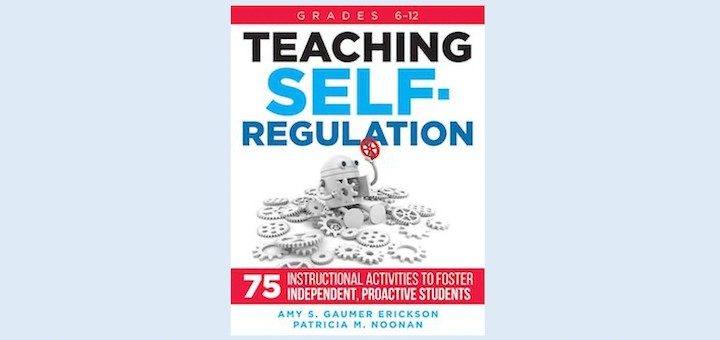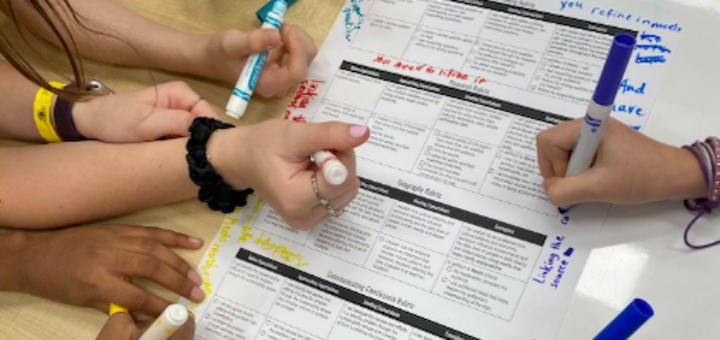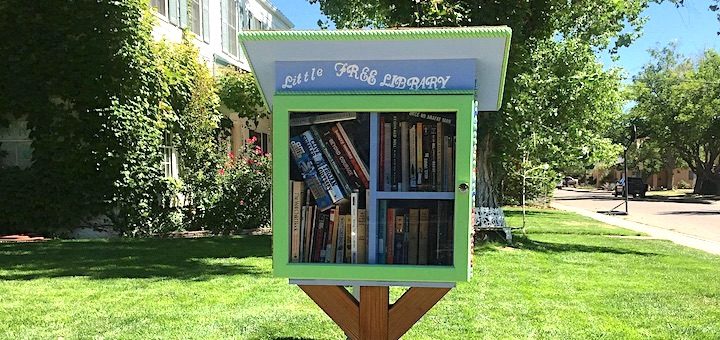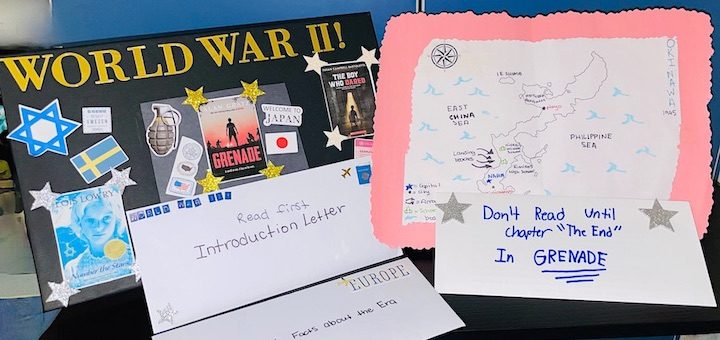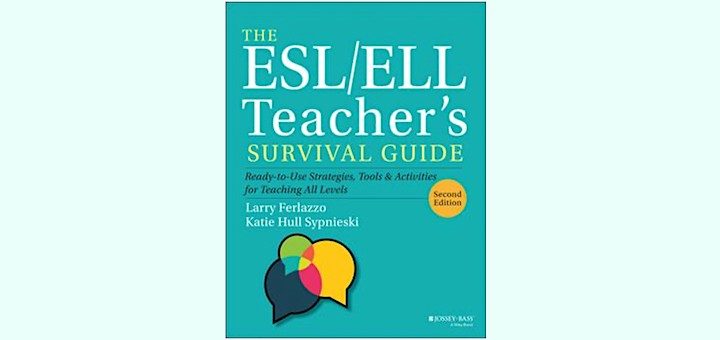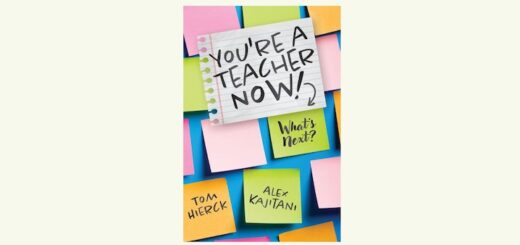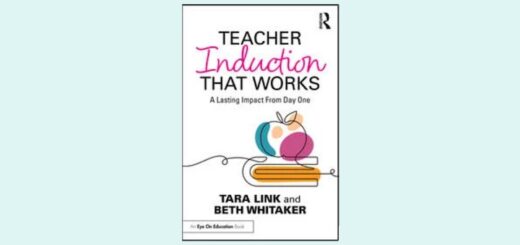Teaching and learning in grades 4-8
We know how to get those same 6 students talking and raising their hand each day. But how do we engage every student in truly explaining their thinking and sharing their math reasoning? Middle grades teacher Mona Iehl shares 3 ways to structure questions that pull them in and keep them talking.
The “You do” phase of Gradual Release of Responsibility should give students many opportunities to reveal signs of mastery and indicators of readiness, with teachers serving in the role of “active observers.” Experts Sunday Cummins and Julie Webb guide us through the process.
In Teaching Self-Regulation, teacher educators Amy Erickson and Patricia Noonan show us how to combine explicit instruction and authentic deliberative practice with constructive feedback prompts to build students’ self-reflection and growth. Consultant Helene Alalouf is impressed.
Some students may not have school work high on their priority list after two years of watching their normal adolescent world fall apart. Right now they may be focused on surviving, writes school psychologist Katelyn Oellerich. “We need to be focused on helping them do that.”
The more students interact with the rubric, the more ownership they take over it, writes Megan Kelly. Once they feel empowered by the rubric, they can use it as a tool to accomplish their goals rather than a means of judgment, putting them on the same team as the teacher.
To help kids capture the benefits of summer reading, ELA educator Kasey Short shares what you can do before summer break begins: communicate with families, motivate readers, provide book choices, increase access to books, and link students to public library summer programs.
In Katie Durkin’s ELA classroom, seventh graders pass along what they’ve learned to future classes via this Inheritance Box project, part of a literacy plus history unit that also teaches collaboration and promotes student choice. Katie takes us through it step by step.
In The ESL/ELL Teacher’s Survival Guide (2nd Edition) teacher-authors Larry Ferlazzo and Katie Hull Sypnieski provide an accessible compendium of deep practical knowledge intended for the most part for MS and HS ELLs and teachers, writes ENL educator Dina Strasser.
Geraldine Woods led independent study at her school for more than 25 years. She’s convinced some version will work in most subjects and for most middle school students if three basic principles are present: student choice, adult guidance, and students teaching students.
Middle grades teacher Kathleen Palmieri uses a time-saving digital tool to create quick and concise visual instructions. Show students how to share a document, use an add-on, find an online resource and much more. Kathie outlines the basics and recommends a good YouTube how-to video.



